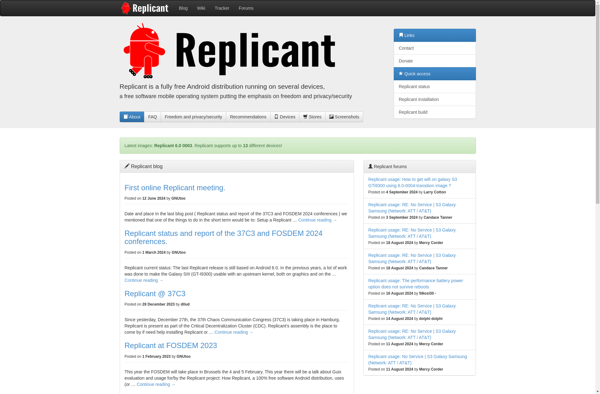HarmonyOS

HarmonyOS: Open-Source OS for Smart Devices
HarmonyOS is an open-source, microkernel-based operating system developed by Huawei. It is designed for various devices and scenarios, including smart devices, IoT, automotive technology and more. HarmonyOS aims to deliver a cohesive user experience across different platforms.
What is HarmonyOS?
HarmonyOS is an open-source, microkernel-based operating system first unveiled in 2019 by Chinese technology company Huawei Technologies. It was developed to address limitations in existing mobile operating systems and provide more seamless integration across devices.
The key goals of HarmonyOS are to support a broad range of devices and provide a consistent user experience across platforms and interaction models. Unlike current mobile OSs, HarmonyOS utilizes a distributed architecture with a microkernel foundation to dynamically scale resources based on device capabilities.
Some of the core capabilities highlighted by Huawei include:
- Seamless experience across devices - features like multi-device collaboration and knock to transfer between smartphones and laptops.
- Improved performance through on-demand resource allocation.
- Enhanced security through formal verification and microkernel architecture.
- Flexibility to run on devices with 128KB to 128MB of RAM.
In addition to consumer electronics, HarmonyOS is designed to power IoT devices for smart homes, wearables, automotive technology and more. Huawei aims to create an open ecosystem around HarmonyOS and has released its open-source version for developers to create compatible apps and devices.
While initially launching in China, Huawei plans to expand HarmonyOS internationally as an alternative mobile ecosystem to Android and iOS. It faces competition from other emerging OSs but aims to differentiate through cross-device capabilities and performance optimized for modern technological trends like 5G, AI and AR.
HarmonyOS Features
Features
- Microkernel architecture
- Distributed virtual bus
- Deterministic latency engine
- Multi-device collaboration
- Seamless migration across devices
- Unified development framework
Pricing
- Free
- Open Source
Pros
Cons
Official Links
Reviews & Ratings
Login to ReviewThe Best HarmonyOS Alternatives
Top Os & Utilities and Mobile Operating Systems and other similar apps like HarmonyOS
Here are some alternatives to HarmonyOS:
Suggest an alternative ❐Android

Android-x86
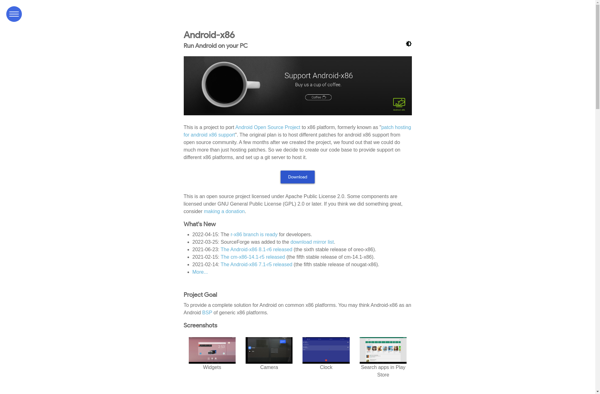
MEmu
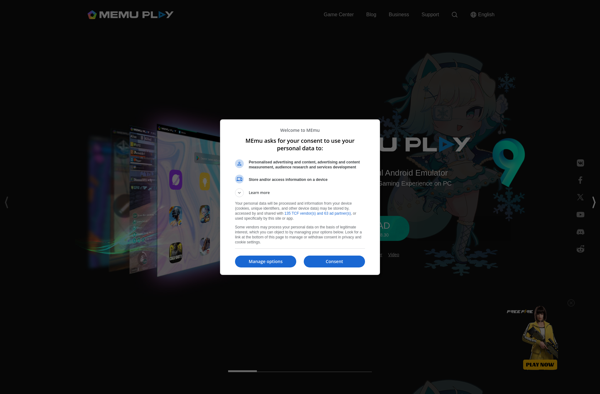
LineageOS
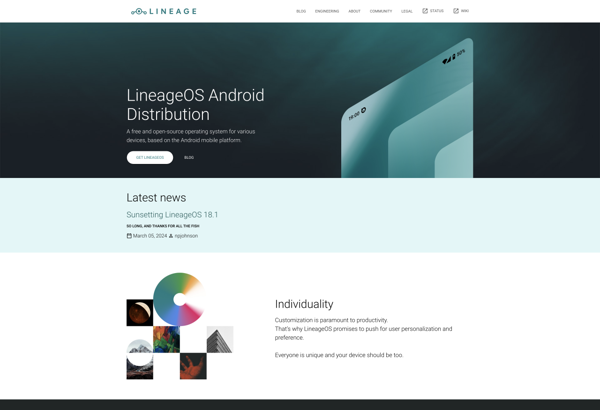
Genymotion

GrapheneOS
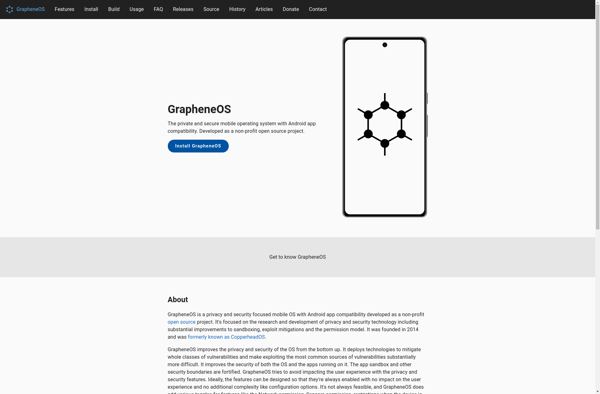
WayDroid
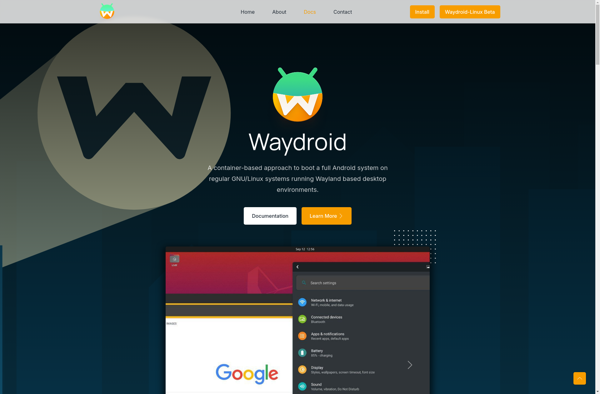
Anbox

Ubuntu Touch

Kali Nethunter
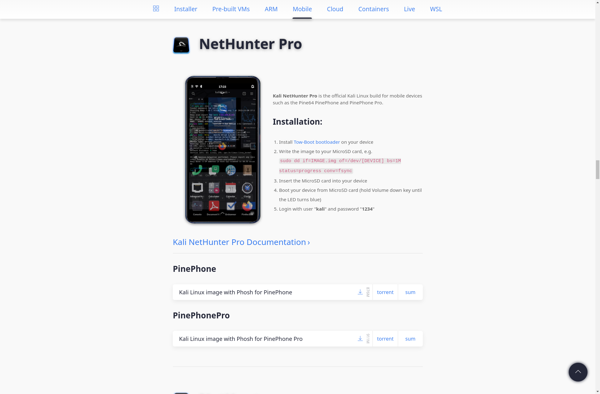
ARC Welder
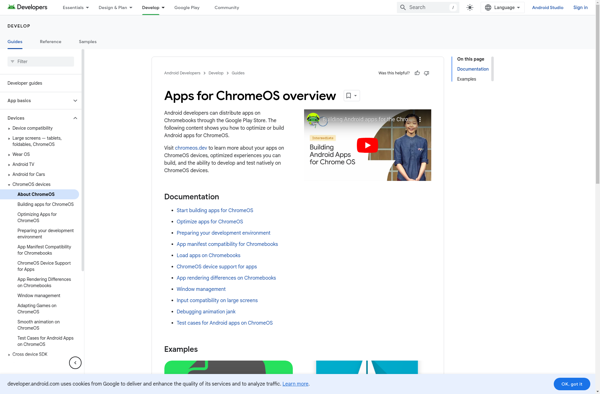
CalyxOS

/e/

Pwnix
B2G OS

AVD Launcher

ViperOS

Replicant
